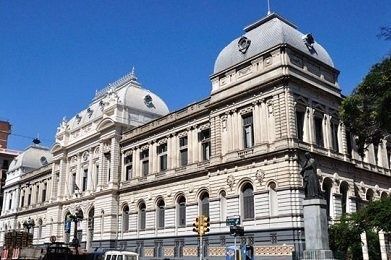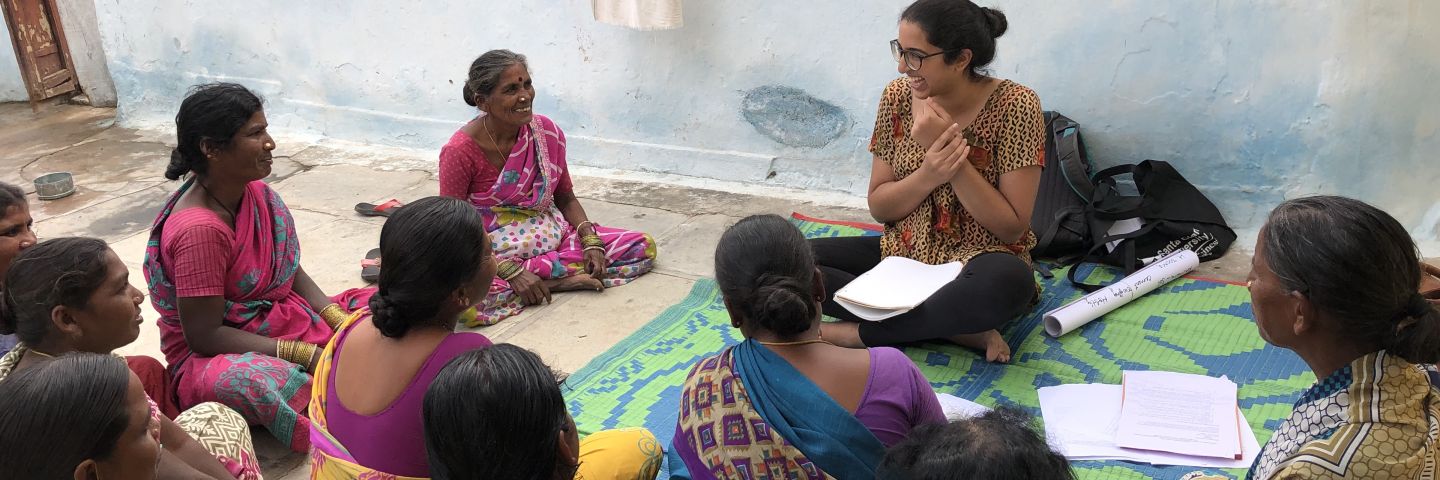“Culture, Nation and the People: a Century of University Extension in Latin America,” by Agustin Cano, LACS Seminar Series

March 14, 2022
1:00 pm
Stimson Hall, G01
The European university extension tradition started in the decade of 1870 in Cambridge and Oxford universities, and rapidly spread through Europe in the form of conferences of cultural diffusion and “Popular University”. In its origin, university extension is the result of two interconnected processes: the European university reform under the German model and the concern of modern states to build national systems of general literacy. In the beginning, extension practices expressed the pedagogical optimism of Enlightenment, the hygienist influence, and the democratization of knowledge and culture, particularly among two groups of people excluded from a university education: workers and women. University extension was conceived as a “movement”, and that is why it has transformative potential.
This university extension tradition arrived in Latin America in the early Twentieth Century. By the connection with the university, social, and political processes in Latin America, and by being part of the program of the University Reform Movement, known as “La Reforma de Córdoba”, university extension suffered a deep transformation, and now we can talk about a Latin American extension, from a reformist tradition. From these processes, university extension gained conceptual complexity and depth, ample and rich repertoire of practices, and, at the same time, a deeper ambiguity in its meanings and definitions. As a concept located in the unstable frontiers that the university generates with its surroundings, our reflection on extension requires us to go beyond the academic field and consider the historical, social, and political processes that overdetermine them.
The presentation will cover this topic and answer the following questions: What subjects, pedagogical conceptions, and political orientations articulated the Latin American university extension in different historical times, from the Twentieth Century to the present? What subjects, pedagogical and epistemological conceptions, and what meanings and political orientations were challenged, tensioned, or articulated in the production of university extension in Latin America? What lessons can we draw to think around the challenges of the relationship between university and society today?
Agustín Cano Menoni received his BA in Psicology from Universidad de la República (Uruguay), his Master in Social Project Management from LUMSA-Università (Rome, Italy) and his Ph.D. in Pedagogy from Universidad Nacional Autónoma de México (UNAM). He is currently a professor, extensionist, and researcher at the Universidad de la República de Uruguay (UDELAR), where coordinates the Núcleo de Intervención e Investigación en Educación y Territorio of the Programa Integral Metropolitano of UDELAR. He is a undergraduate and graduate professor at the Institute of Education of the Faculty of Humanities and Education Sciences of UDELAR, and a member of the National System and Researchers of Uruguay. He is the author of the book "Cultura, Nación y Pueblo: la extensión universitaria en la UNAM (1910-2015)", published in 2019 in Mexico by the UNAM, as well as numerous articles and chapters of books on topics of university extension and Latin American University.
Additional Information
Program
Mario Einaudi Center for International Studies
Latin American and Caribbean Studies

